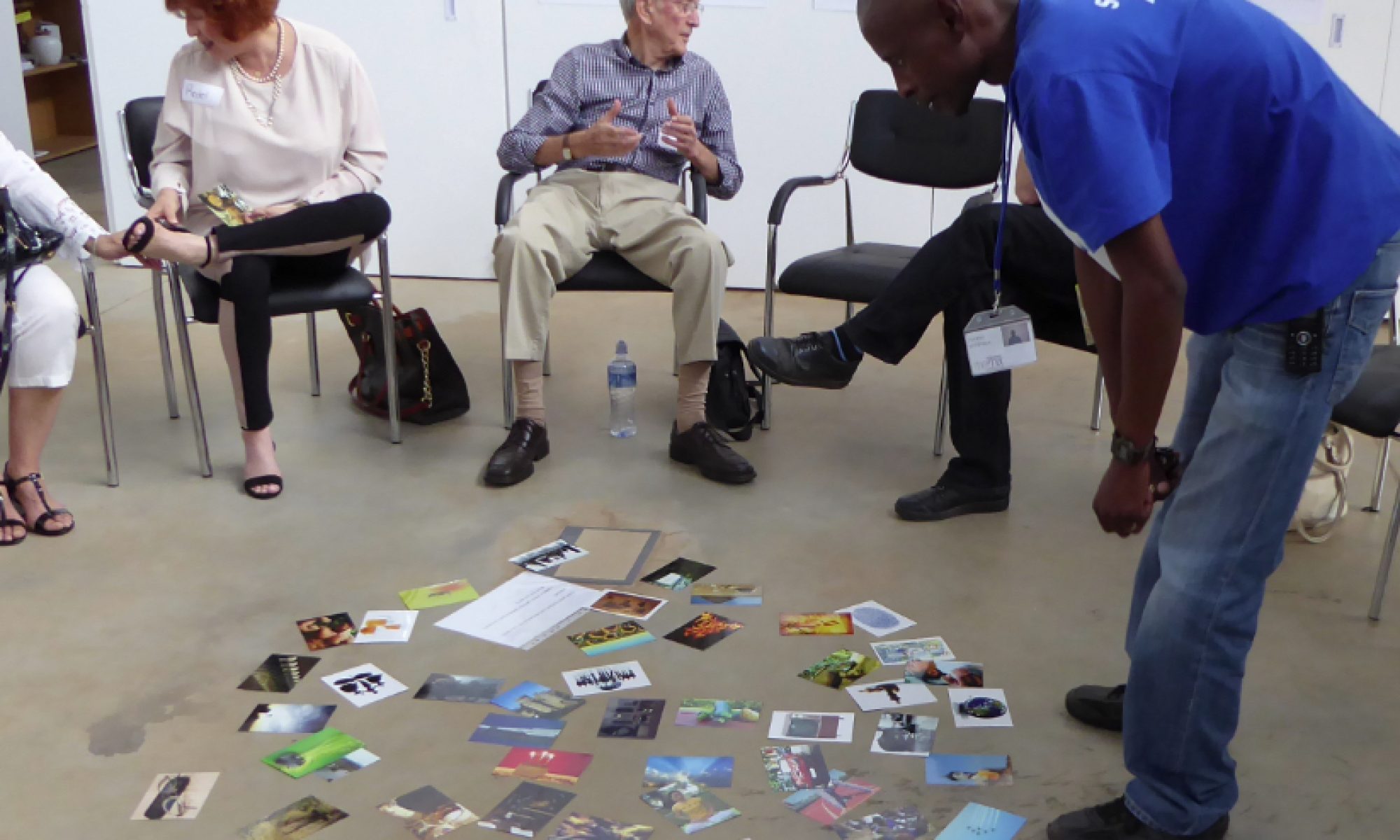
But
kids not only had to be convinced to come. They also had to be convinced to stay.
And so, even though they adapted and improvised on the fly, PITCH teams stuck to the broad outline of the programme because it was designed with this purpose in mind. Kids were motivated by a go cart rally, an arts project, a performing arts competition and a sports day.All these were carefully timed and the weekly programme specifically shaped to keep building the dramatic tension that would keep everyone interested until the very end…
The Perfect PITCH programme was its own perfect pitch. Once kids got caught up in the excitement, there was no falling back.
This article gives a broad overview of the entire 4 week programme as the central 3 stages of the journey for the kids in the Keep Them Safe holiday project. These stages are:
Stage 2: Preparing for the Journey
Stage 3: The Journey itself
Stage 4: Ordeal and Reward
To recap: Every journey that you design for the purpose of transforming people will have 5 stages. And most projects like this one will include at tleast 2 such 5 stage journeys. At some point these 2 journeys will begin to overlap.
For us in the KTS project, the 2 journeys would begin to overlap as soon as the second journey also hit the third stage: the journey itself.
The KTS project focussed on 5 areas of activity:
- Sport
- Entrepeneurship
- Arts and Carafts
- Performing Arts and
- Compassion days
The first 4 areas were running as workshops on Mondays, Tuesdays Thursdays and Fridays. Kids could choose which workshop they wanted to join. These were aimed mostly at older kids and youth, but eventually everyone took part, since there was not enough of the older ones to go around.
On Wednesdays everyone would do compassion day. This meant that they would go out to serve their own community in some way: visiting the elderly and ill, cleaning up the park, planting trees or painting a building or play equipment.
Appart from compassion days, every workshop was designed as a journey to keep kids engaged. All of them followed the same basic pattern:
Week 1 Prepare for the workshop activities
Weeks 2 and 3: challenges and events
Week 4 Final competitions and reward ceremony.
Week 1: Rotating workshops
To help kids overcome their doubts and fears, the first week was set up so that they could do a different workshop every day. This way they had a whole week to decide where they wanted to commit for the rest of the programme. They could get to know each facilitator and the requirements for each workshop so that they could find their place. They would receive an introductory experience that would prepare them for what was to come…
Weeks 2 and 3 were designed to keep everyone engaged. An exciting goal was set for each week end to focus the energy and keep them amped.
Week 2: Go Cart Rally
The adults’ journey began when they first began to raise awareness in their communities for the kids by organising pre holiday events (see previous posts). As the kids’ journey kicked in everyone was now in the same stage of the adventure.
At the end of week 2 on Saturday 26 June we hosted a great go cart rally. Every community built their own cart, decorated it and found businesses to sponsor them. They created cheerleader outfits from recyclable material and worked out some cheers to egg on their teams. Almost 100 people from every community were transported to a central place in Jonkershoek Stellenbosch.
They were judged on the number of laps they completed in 45 min, the presentation of their cart and stand, their cheer leaders and their general team spirit.
Week 3: Community Arts productions
At the end of week 3 a 30 min performing arts production had to be completed and performed to the parents as a dress rehearsal. At the same time, a 1.5 by 2 meter canvas had to be finished with art and graffiti around a particular theme.
To re-focus all the energy from go carts to arts, we sent guest facilitators in to look at what the groups have been doing and help them improve their standard. This proved an essential ingredient. Without it I am not sure all the communities would have had a product to show. This strategy was planned as a ‘fairy godmother’ strategy. The mentor appears to help the hero over a slump. This kept all engaged and focussed for another week.
Everyone now faced the Ordeal and Reward of week 4., the last week of the programme.

